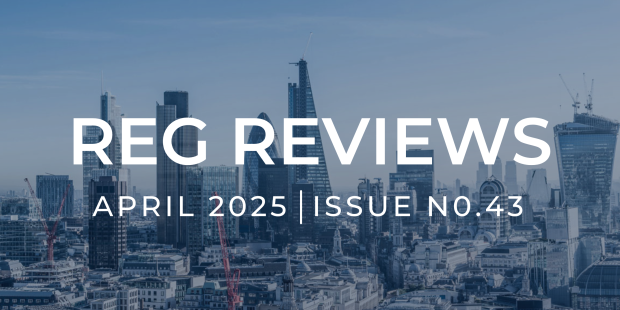The Financial Conduct Authority (FCA) is preparing to launch a major redress scheme to compensate UK consumers who may have been mis-sold car finance through discretionary commission arrangements (DCAs). The scheme, estimated to cost between £9 billion and £18 billion, follows years of scrutiny into lending practices in the motor finance industry and could reshape the market in the coming years.
At the heart of the issue are historic arrangements where car dealerships and brokers were incentivised to increase interest rates on loans in order to earn higher commissions—often without consumers’ knowledge. These practices were banned in 2021, but millions of agreements written before then may be affected.
On 1 August 2025, the Supreme Court ruled that undisclosed discretionary commissions may have rendered certain lender-borrower relationships unfair under the Consumer Credit Act. This ruling limited the scope of lenders’ legal exposure but gave the FCA a clear mandate to intervene, paving the way for an industry-wide redress scheme.
Nikhil Rathi, Chief Executive of the FCA, stated: “It is clear that some firms have broken the law and our rules. It’s fair for their customers to be compensated.”
The FCA intends to design a scheme that is structured, fair, and easy to access, aiming to avoid the chaos of the Payment Protection Insurance (PPI) scandal, which spiralled due to prolonged litigation and aggressive claims management activity.
Key features under consideration include:
Eligibility: Primarily agreements with undisclosed discretionary commissions, though the FCA may also review some non-discretionary commission structures if charges were excessive or undisclosed.
Compensation levels: Most payouts are expected to be under £950 per agreement, with total industry costs estimated between £9bn and £18bn. Analysts suggest a mid-range figure of around £13.5bn is most realistic, given narrower eligibility and tighter controls.
Scheme model: The FCA may adopt an opt-in or opt-out framework and could apply a modest fixed interest rate on repayments to ensure fairness.
Consumer access: The regulator has been clear that consumers do not need to use claims management companies or law firms, which often take up to 30% of payouts. Instead, individuals should complain directly through official channels.
The consultation paper is expected in October 2025, with a six-week feedback window. Subject to approval, payouts could begin in 2026.
The announcement has already prompted a wave of activity across the sector. Major banks—including Lloyds, Barclays, Close Brothers, and Santander—have collectively set aside around £2 billion in anticipation of claims, though the ultimate cost will depend on the final scheme design and participation rates.
Industry leaders are also sounding the alarm. The Association of Fleet Professionals commented: “We’ve gone from seeing risk recede to widespread reparations back on the table.”
This uncertainty leaves lenders, brokers, and fleet operators balancing compliance obligations, financial provisioning, and market stability.
Advisory firms are urging businesses to act now. According to Grant Thornton, firms should be auditing historic commission structures, securing records, assessing potential liabilities, and preparing financial provisions ahead of the consultation’s outcome.
While the scheme is designed to restore trust in motor finance, the FCA has also highlighted the risk of fraudulent activity. The regulator is warning consumers about scammers offering fake compensation via phone or email, urging them to only use official channels for claims.
Unlike the drawn-out PPI saga—which cost lenders over £40bn—the FCA is determined to take a more proactive and proportionate approach. By designing a structured scheme with clear eligibility, capped compensation, and direct consumer access, the regulator aims to deliver redress efficiently while avoiding prolonged industry disruption.
The motor finance redress represents a significant milestone in consumer protection and demonstrates the FCA’s growing focus on fair value, transparency, and accountability in financial services.
As the consultation opens this autumn, both firms and consumers will be watching closely. The next few months will be pivotal in shaping a scheme that not only compensates those affected but also helps rebuild confidence in the UK’s consumer lending market.

























